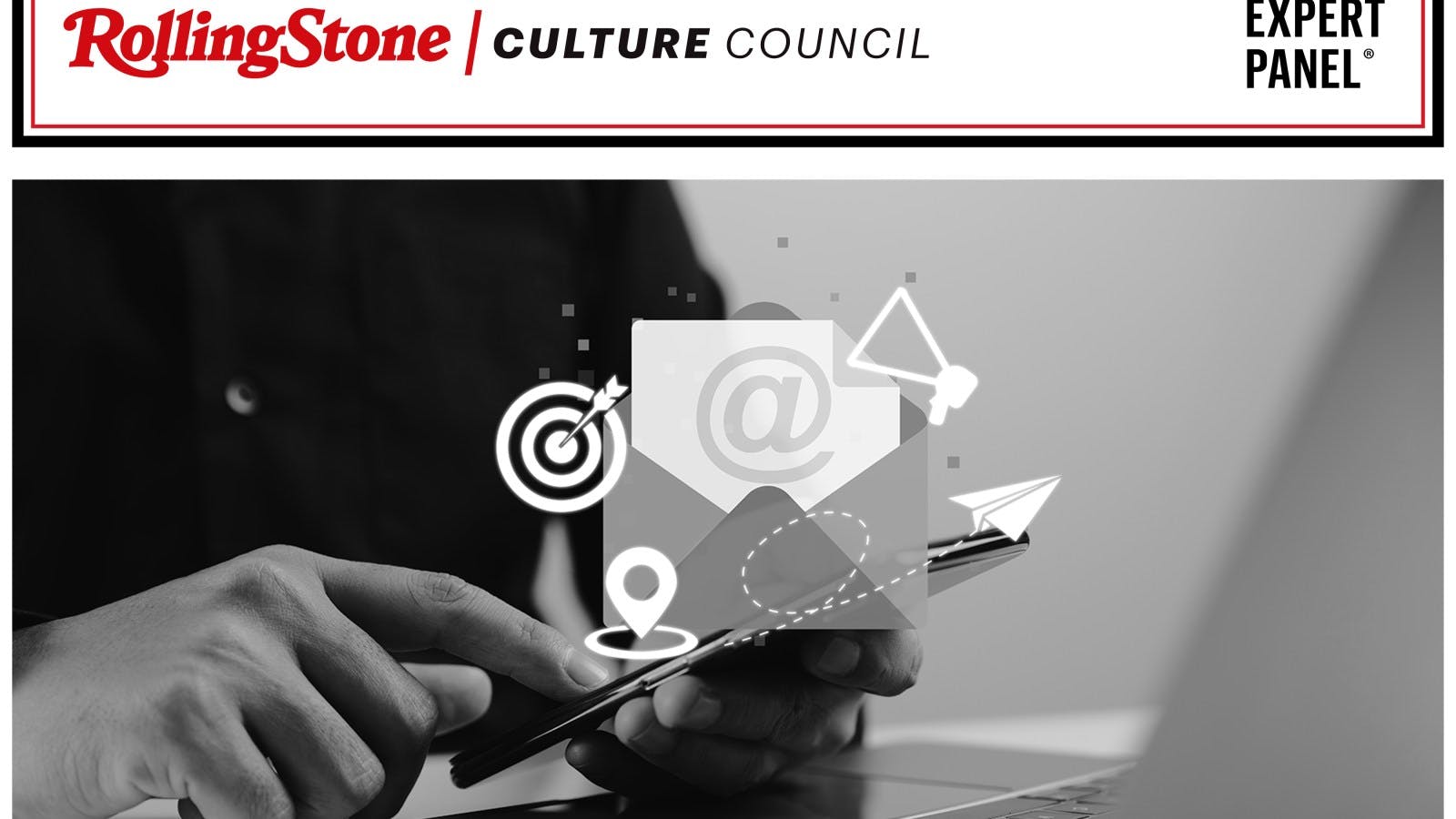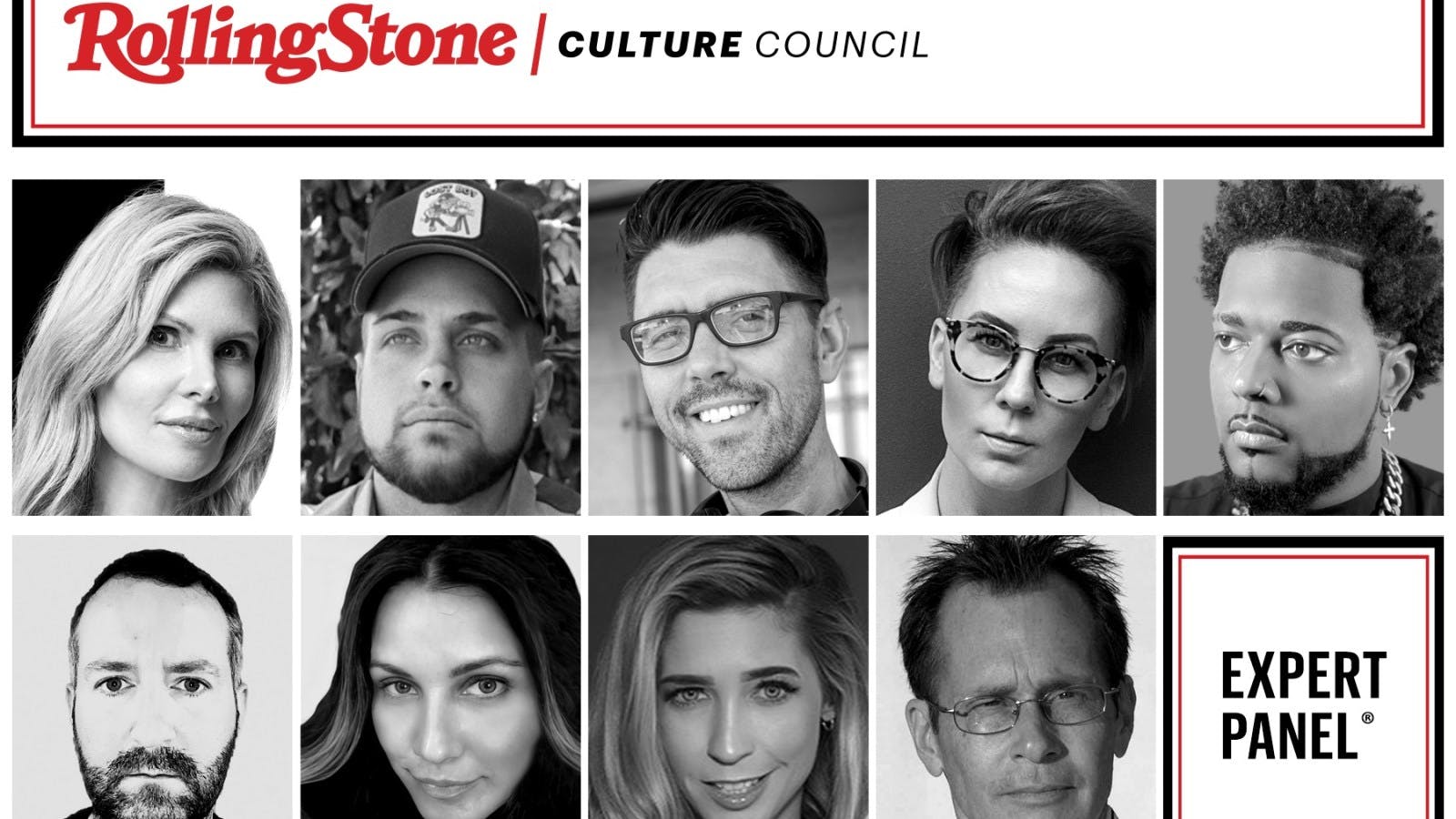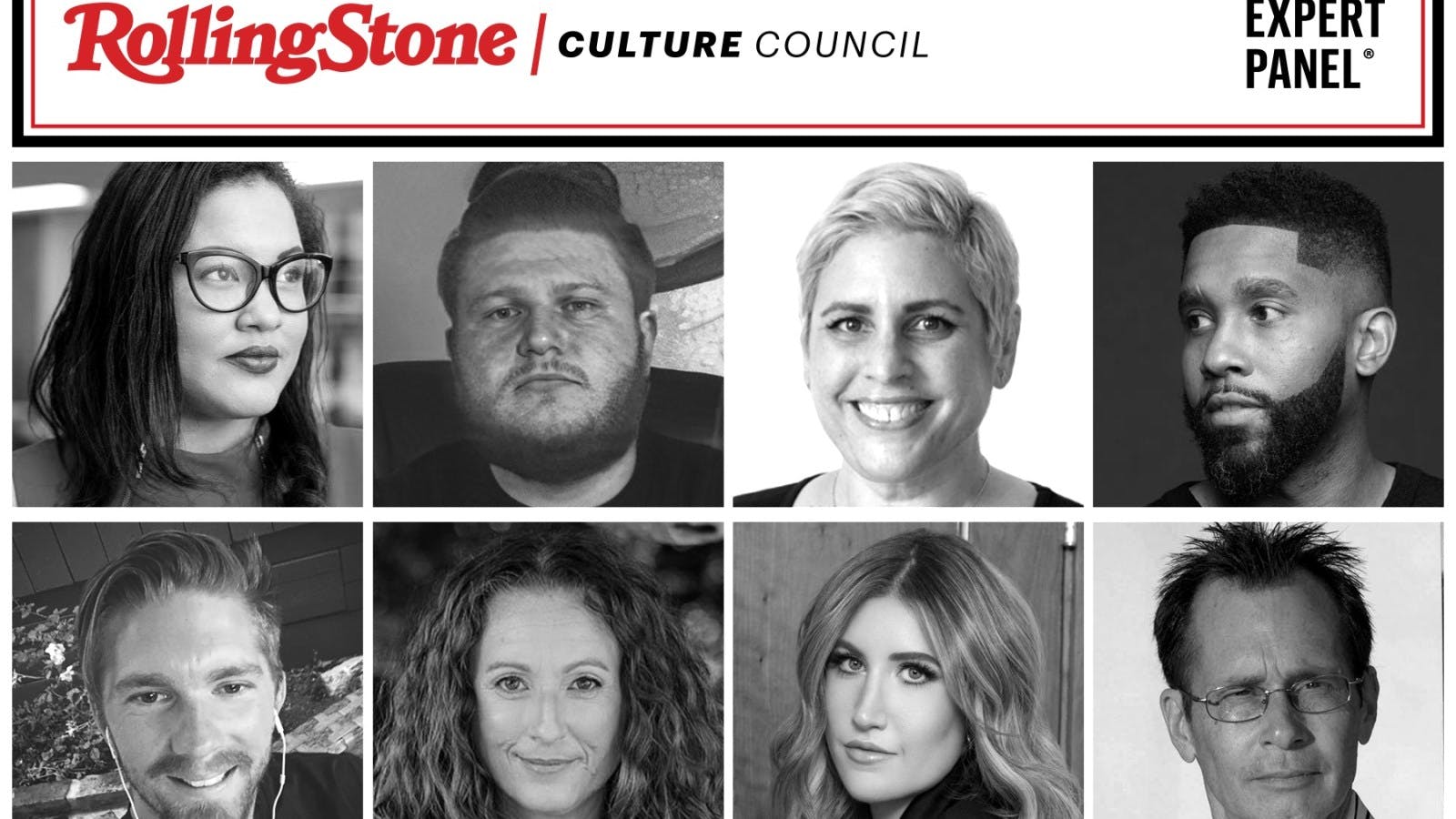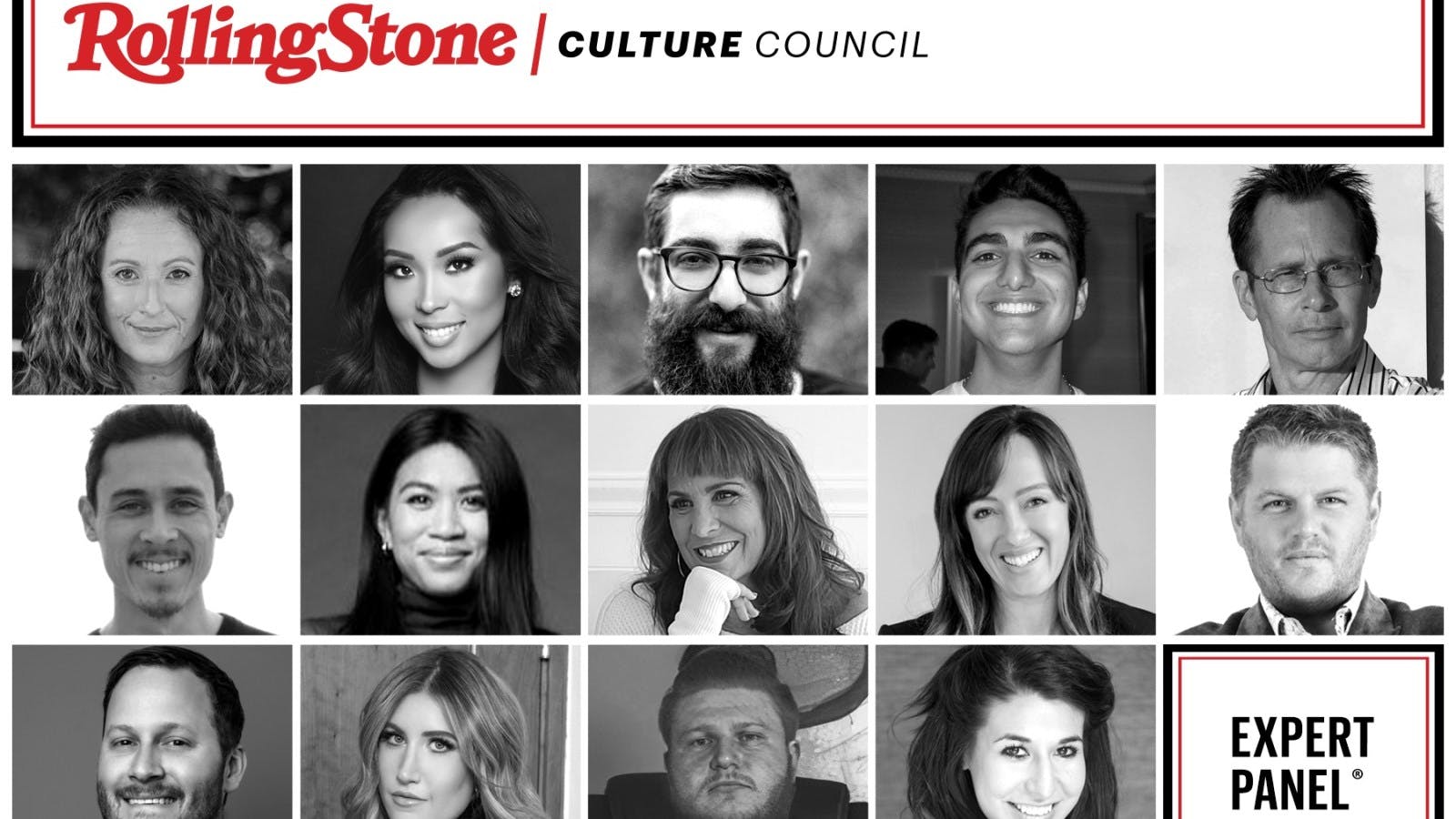Skills
About
Big brand experience put to work for small business, nonprofits and startups. Everyone on our team has Fortune 500 and Big Brand experience. We leverage their branding, web development and marketing skills to help Small to Midsized Businesses, Nonprofits and Startups stand out, look better and exponentially increase revenue. From celebrities to cancer immunotherapy, we have amazing clients.
Michael Newman
Published content

expert panel
Those companies unwilling to change may find it difficult to keep up with evolving customer needs. The only true constant in the culture space is change. With fast-moving trends, quickly shifting consumer behaviors and often unexpected global events, the culture space can be difficult to navigate if you’re not willing to roll with the punches. The ability to pivot, rethink their strategy and embrace change often separates thriving companies from those that fall behind. If businesses want to succeed in this industry, they’ll need to make adaptability an important part of their strategy and company culture. To help, 11 business leaders from Rolling Stone Culture Council describe the importance of adaptability in their own companies and offer up their best tips for successfully implementing it into your own organization.

expert panel
Being a great leader doesn’t necessarily mean being the loudest one in the room. When many people think of great leaders, they may think about the way they were able to command a room or take decisive action amid chaos or struggle. And while these traits are certainly worth highlighting, there are also other, more underrated qualities that can make leaders truly great. Here, the members of Rolling Stone Culture Council draw on their own experiences as business leaders to spotlight nine qualities they believe are vital to becoming an effective, efficient and well-respected leader. Whether you’re currently leading a team or are just looking to grow as a professional, consider their advice for how to cultivate some of these key leadership qualities.

expert panel
Choosing the wrong one could be detrimental to your company’s credibility. One of the best ways to get your business in front of more potential customers is to work with or be featured by a media outlet. Whether it's on an influencer’s social media page, a podcast or on a more traditional media platform, leveraging the opportunity to amplify your message and promote your product or service is essential for businesses looking to scale and succeed in their industry. However, not every media outlet is created equal, and the platform that might work for one industry or business may not be the best choice for another. So what does a business leader need to consider before selecting a media outlet to work with? Here, eight members of Rolling Stone Culture Council share their insights and the top questions they ask themselves when determining who to work with and the impact it will have on their brand’s image.

expert panel
You’ll need more than a clever idea to draw in repeat customers. First impressions matter — especially when you’re trying to sell something. How someone views your business, interprets your message or desires your product all play a big role in how likely they are to become a customer. Often, the first time a potential customer may come in contact with your brand is when viewing an ad. This means that, no matter the format of the ad or the platform it is presented on, your ad must be attention-grabbing and informative if you want it to be effective. But what exactly makes an ad effective? And what elements should be included when trying to design the perfect advertisement for your business? The business leaders of Rolling Stone Culture Council suggest starting with the following six ingredients. From a strong call to action to a good reason to stop “scrolling,” these key elements will help any business draw in more customers.

expert panel
Without a focused approach, it can be all too easy to get lost in a sea of useless information. With new platforms, a multitude of media options and endless content being produced each day, those hoping to keep up with the latest trends or news may have a difficult time finding a single source they can rely on. This is especially true of business leaders in the culture space, who must not only keep up with the trends but stay ahead of them to better target and influence their customers. While simply hopping on social media or your chosen news outlet is one way to stay in the know, the members of Rolling Stone Culture Council have a more focused approach. Here, they each offer up one specific resource they turn to to help them keep up with industry trends, news and updates and why it’s so useful to their business.

expert panel
No business is ever a total failure if you’ve learned something from it. It’s a sad reality that many businesses will fail — in fact, around 18 percent of businesses tend to fail within their first year of operation. However, a failing business doesn’t have to be a total loss for an entrepreneur. There are often many valuable lessons to be learned from a failed business — whether it’s your own or another brand’s. The key is figuring out what those lessons are and how you can apply them to your next business venture. As leaders in the culture space, the members of Rolling Stone Culture Council have seen many businesses come and go. Below, they share the notable lessons they've learned from the failure of a business and how that has impacted how they lead now.
Company details
The Bureau of Small Projects
Company bio
Big brand experience put to work for small businesses, nonprofits and startups. Everyone on our team has Fortune 500 and Big Brand experience. We leverage their branding, web development and marketing skills to help Small to Midsized Businesses, Nonprofits and Startups stand out, look better and exponentially increase revenue. From a brand new website, to alternative marketing channels we provide best in class digital marketing for all types of businesses in all types of industries. We're rated in the top five agencies in Los Angeles for marketing and branding.














